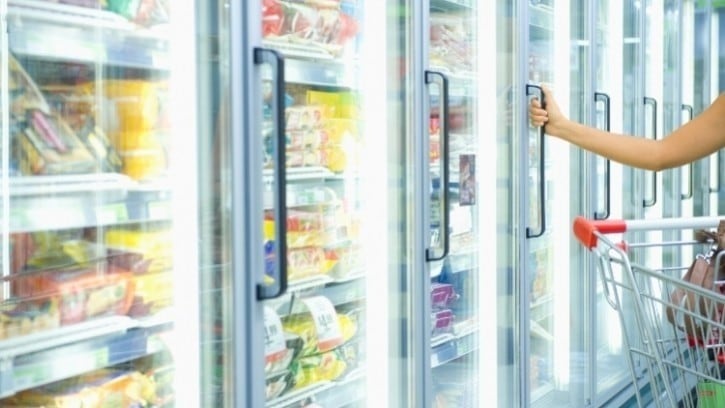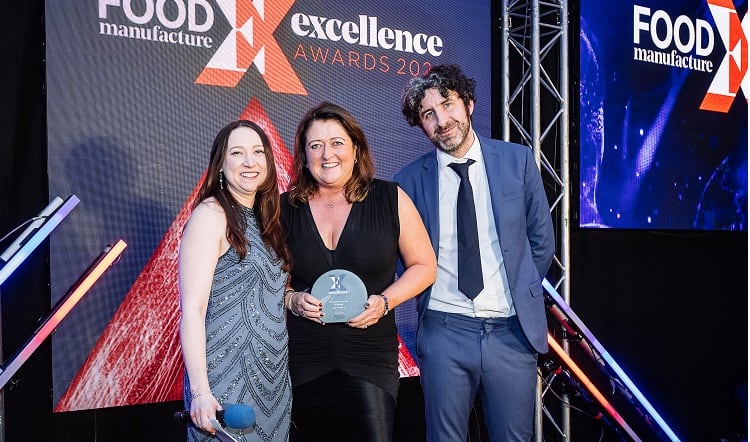Published on 20 March, the figures showed a minor increase in prices but an overall decline in the rate of inflation from 7% in January to 5% in February.
Prices have remained stable since last summer, rising by less than 2% in each of the months between May 2023 and February 2024, while the rate of inflation continues to fall as the industry recovers from the global disruption experienced in 2022. This is now the 11th consecutive month to experience a fall in the inflation rate.
Inflation peaked at 19.2% in March 2023 and at 5% is now at its lowest rate since January 2022.
Looking at the different classes of product, 10 of the 11 food and non-alcoholic beverage categories as defined by the ONS saw a declining inflation rate. Oils and fats was the exception, with inflation increasing from 8% to 8.3%.
'Erratic weather impacting food sector'
Commenting on the results, Food and Drink Federation CEO Karen Betts said that falling inflation was the result of supply chains stabilising and the efforts of manufacturers to keep prices down.
Betts continued: “Food and drink price inflation should continue to ease in the coming weeks. But some underlying factors are acting against this, from rising labour costs to erratic weather patterns, like this winter’s heavy rainfall across the UK which is impacting agricultural crop yields.”
Meanwhile, Betts bemoaned that investment in the food and drink manufacturing sector in the UK remains low.
“The government is making UK food and drink less attractive to invest in with its insistence on UK-wide ‘not for EU’ labelling,” she argued.
“This is an expensive and unnecessary policy that will particularly hit small businesses and exports, and we’re urging the government to reconsider. There are good, digital alternatives if the government wants to monitor food movements in the UK, which in time could also be adapted to ease checks with the EU.”
In other news, almost 200 people working for AG Barr are facing redundancy after the drinks manufacturer confirmed it was making significant changes to how it operates.





